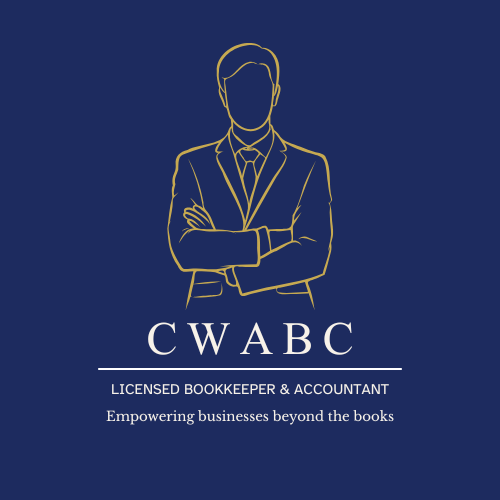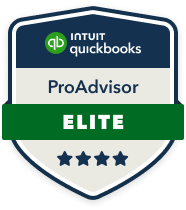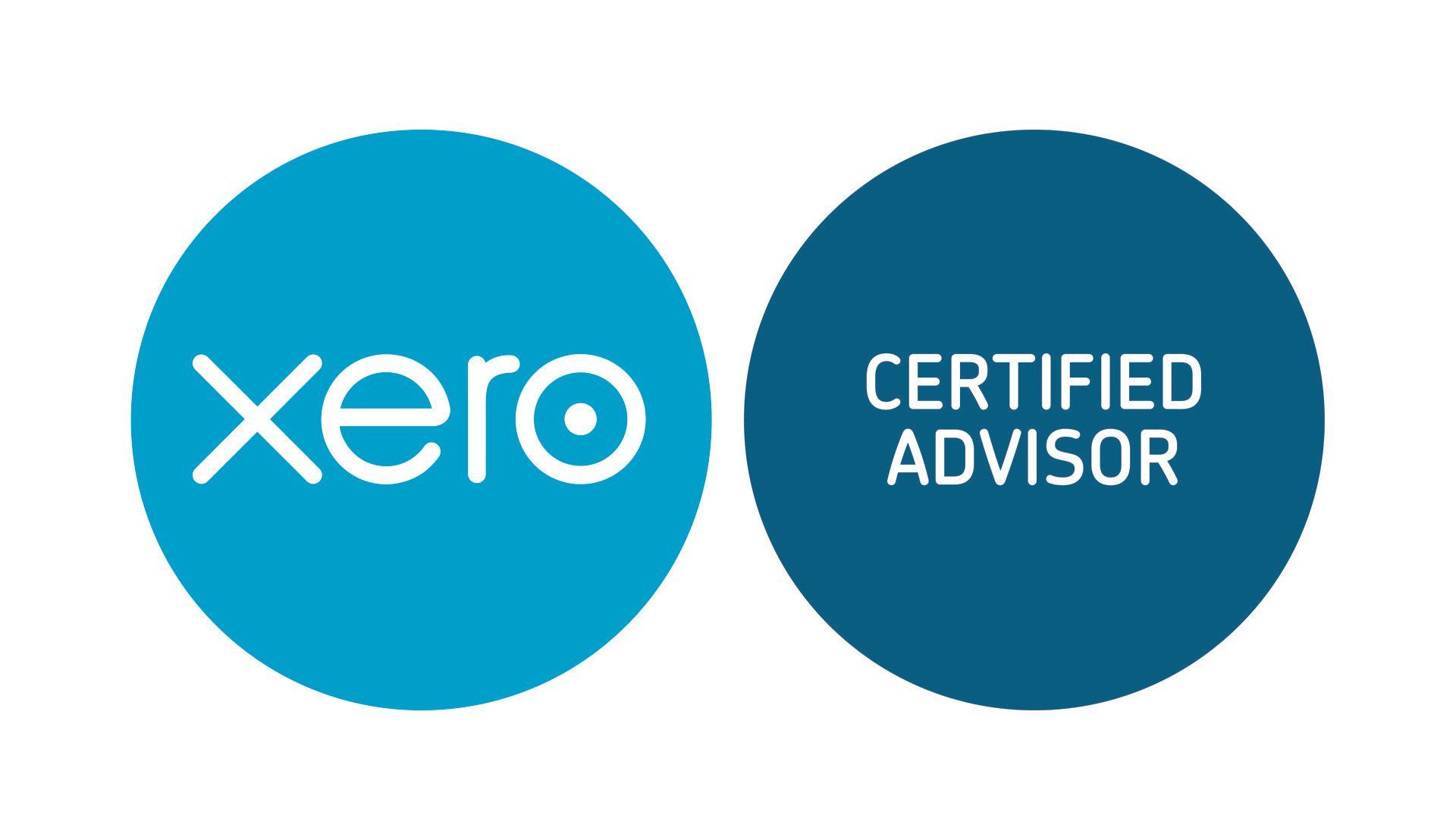Navigating Success: Steering Clear of Common Financial Mistakes in Small Business
Introduction:
For those embarking on the journey of entrepreneurship, running a small business can offer immense satisfaction along with its fair share of challenges. In this article, we're here to shed light on some common financial pitfalls that small business owners often stumble upon and provide practical advice on how to avoid them.
1. Skipping the Financial Game Plan:
Starting a business without a well-thought-out financial plan is like sailing without a compass. Many small business owners dive into operations without a clear budget, revenue forecast, or a proper system for tracking expenses. To avoid this misstep, take the time to craft a comprehensive financial plan. Set achievable goals, outline expected income and expenses, and be ready to adjust your plan as your business evolves.
2. Mixing Apples with Oranges - Personal and Business Finances:
The temptation to use personal funds for business expenses, and vice versa, is real—especially in the early stages. But this can lead to a tangled mess where you can't differentiate between personal and business finances. To stay on the right track, open separate bank accounts for business and personal finances. This separation not only offers clarity but also simplifies tax preparations.
3. Tax Obligations: Not an Area to Skimp On:
Tackling taxes might not be everyone's favorite task, but ignoring them is a recipe for disaster. Neglecting income tax, VAT, or payroll taxes can result in penalties that pinch. Stay ahead by maintaining accurate records, setting aside funds for taxes, and consider consulting a professional for guidance.
4. Riding the Cash Flow Roller Coaster:
Healthy cash flow is the heartbeat of any business. Uneven cash flow can lead to struggles in meeting obligations like paying employees and suppliers. To keep the cash flowing, stay vigilant with regular cash flow checks, negotiate favorable terms with suppliers, and establish an emergency fund to handle unexpected expenses.
5. Costs: The Devil's in the Details:
Underestimating the costs of your products or services is a classic mistake. Failing to account for production, marketing, and overhead expenses can spell disaster. Counter this by conducting a thorough cost analysis and setting prices that not only cover expenses but also ensure a healthy profit margin.
6. Borrow Wisely, Not Wildly:
Debt might seem like a quick fix, but overreliance on loans can be a double-edged sword. High interest rates and stringent repayment terms could shackle your growth. Look beyond loans – consider investors, crowdfunding, or organic growth from profits.
7. The Power of Regular Financial Check-Ins:
Business landscapes shift swiftly. Neglecting regular financial reviews might leave you sailing in uncertain waters. Make it a habit to review your financial statements monthly, spot trends, and make informed decisions that will steer your business toward success.
Conclusion:
For those venturing into the entrepreneurial realm, sidestepping common financial pitfalls is crucial for a smooth journey. By crafting a solid financial plan, separating personal and business finances, honoring tax obligations, managing cash flow smartly, accurately estimating costs, using debt judiciously, and maintaining regular financial assessments, you're laying a sturdy foundation for your small business's growth. Whether you're in Hildenborough or anywhere else, these prudent financial practices will help chart your course toward a thriving and prosperous business future.















